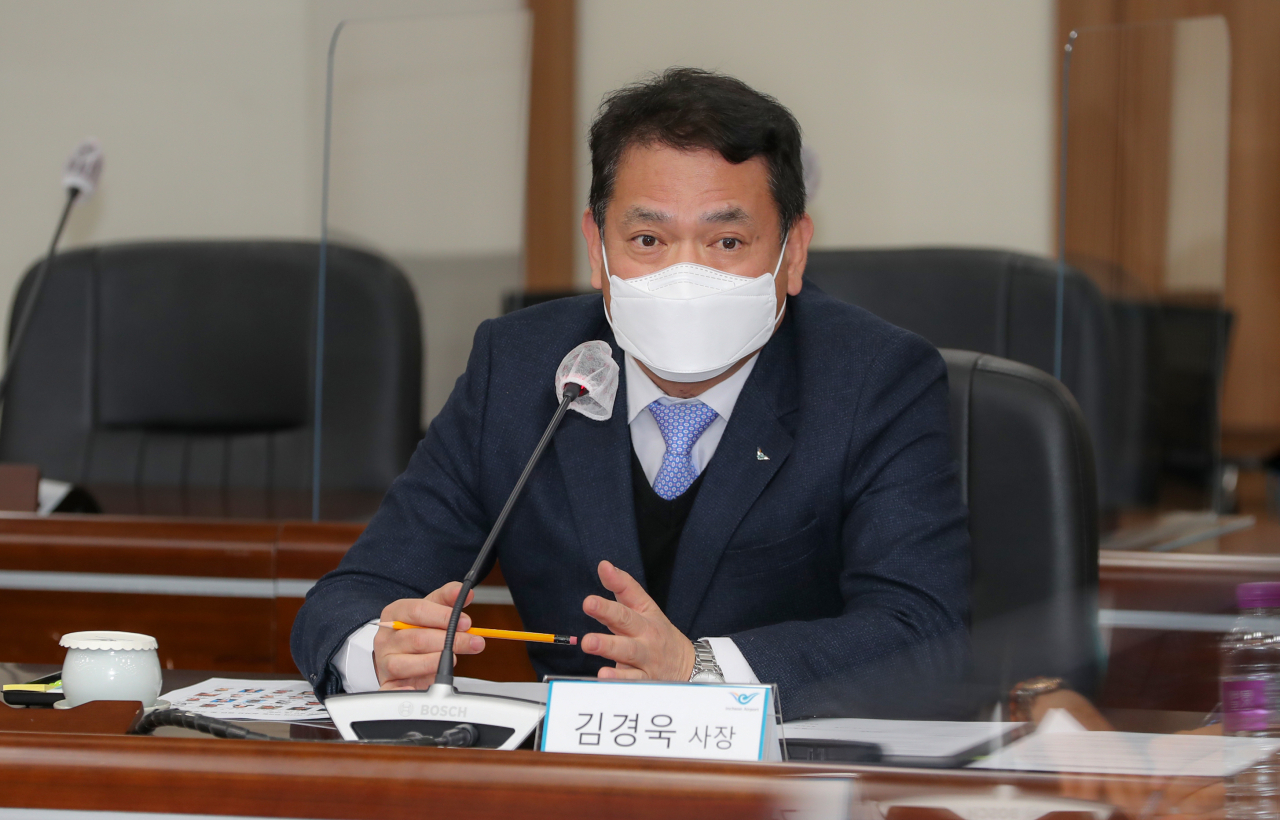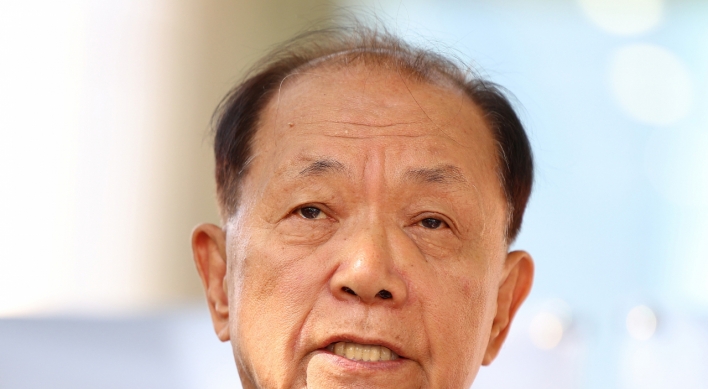Pre-pandemic level travel rebound yet to come: Incheon Airport CEO
By Byun Hye-jinPublished : Dec. 13, 2022 - 14:59

Although the endemic phase is nearing, Incheon International Airport said Tuesday it will take another three years for South Korea's largest airport to recover the number of international passengers to pre-pandemic levels.
“Due to the prolonged COVID-19 shutdowns from China and other countries, we expect the travel demand should rebound by 2025,” said Kim Kyung-wook, CEO of Incheon International Airport. “For next year, we predict international travelers will surge by 59 percent, conservatively, and by 75 percent in an optimistic outlook.”
This year, inbound and outbound passengers are expected to skyrocket by 434.3 percent from a year earlier, driven by eased quarantine measures and rebound in international travel. The number of flights surged by 42.9 percent to 187,000.
International air cargo volumes, however, will drop by 10.8 percent to 3 million tons, with the growing number of companies using price-effective maritime transportation.
With more airplanes, airport sales revenue is estimated at 905.2 billion won ($692.6 million), up 85 percent, while its net loss could decrease by 34 percent to 501 billion won in 2022. Next year, revenue is expected to increase to 1.8 trillion won and net loss could drop to 59.9 billion won.
In a move to improve profitability, Incheon International Airport plans to accelerate its five-phase development project that includes the expansion of Terminal 2 next year. It aims to hold as much as 100 million passengers in the airport.
In the expanded terminal space, the airport will start innovative services including the Smart Pass System that allows an off-contact check-in process, and Smart Duty-free Service, a fast-order system where customers buy duty-free products via smartphone and pick them up at airport stores, by 2023.
The airport is pushing for distinguished services for business-first class passengers and the super-rich as well. By the first half of next year, upper class passengers will be able to use their own security checkpoints through the Fast Track program.
“Following the fifth phase construction project, private jet terminals will be installed at the southern part of the Maintenance, Repair and Overhaul Complex. VIPs can use private terminals and immigration check points,” said Kim. “We believe duty-free shops and luxury resorts here can hugely benefit (from higher discretionary income individuals).”
Diversifying revenue sources, Kim vowed the airport will expand its overseas business to account for 20 percent of the total revenue in 10 years from the current 1 percent.
“The company needs to have 10 businesses that can each generate 100-billion-won profit,” said Kim. “We are participating in the bid of building Terminal 2 at Kuwait International Airport. In the Poland’s airport construction project, which aims to build a new airport as big as Incheon’s, we are considering to do step up as the joint business partner.”







![[KH Explains] No more 'Michael' at Kakao Games](http://res.heraldm.com/phpwas/restmb_idxmake.php?idx=644&simg=/content/image/2024/04/28/20240428050183_0.jpg&u=20240428180321)











![[Herald Interview] Mistakes turn into blessings in street performance, director says](http://res.heraldm.com/phpwas/restmb_idxmake.php?idx=652&simg=/content/image/2024/04/28/20240428050150_0.jpg&u=20240428174656)
